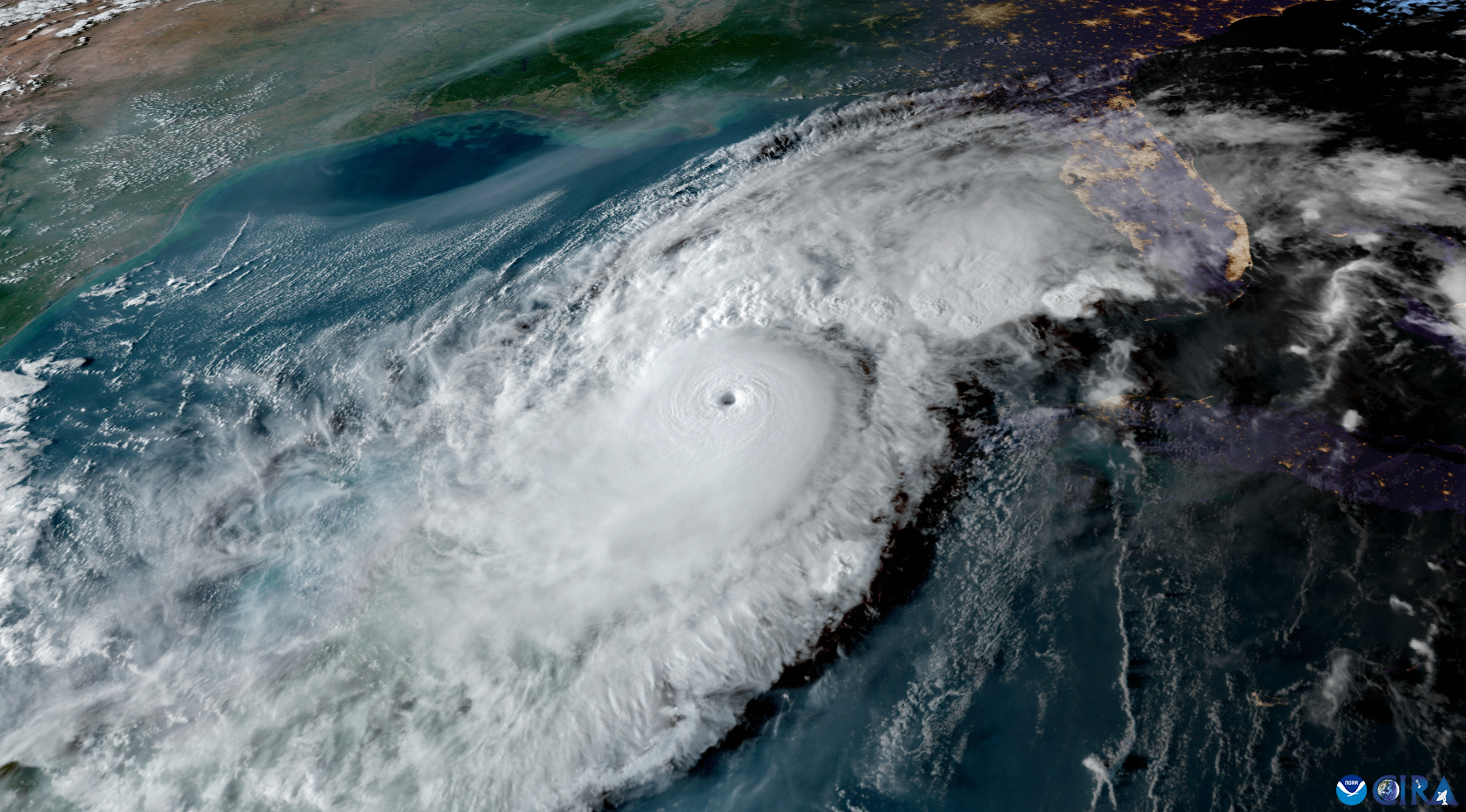Over the past few years, Airbnb has offered travelers and tenants a unique opportunity to participate in the growing “sharing economy.” Connecting more than 60 million users across 191 countries, Airbnb is an attractive option for travelers with tight budgets or renters looking to make some extra cash. However, Airbnb’s growing popularity has unintentionally opened up building owners to a new world of liability risks.
When tenants use Airbnb, they are in effect letting complete strangers into their units and giving them access to all common areas at any given time. Property owners should take pause, as most leasing agents require a background check on prospective tenants to mitigate future risks. This is in addition to the copious amounts of information (and legal contract) tenants provide their landlords. Airbnb only requires guests to create a profile to use the platform, meaning anyone could be living in your building without your knowledge or permission. Additionally, a building owner has no contractual relationship with an Airbnb tenant, giving the owner little leverage if an incident occurs. Furthermore, a building owner’s rights or limitations with and duties to an Airbnb tenant might not be fully known, which puts the building owner at greater risk.
Although the majority of Airbnb users do not abuse the platform, a handful of horror stories have emerged in recent years. For example, in 2014 a woman living in the San Francisco Bay Area rented out her condo to an Airbnb guest, who had reserved the property for 44 days. After 30 days, the guest stopped paying for the condo and refused to leave citing squatter’s rights, which are acquired in California after 30 days of paying rent. Despite the threat of legal action, the squatter refused to leave. Ultimately, the owner of the condo amassed mounting costs and a lengthy legal battle, and essentially found her house being “held hostage” by her guest. This horrible scenario could just have easily played out in a rented unit.
Airbnb Risk Management
If you are a building owner or management company, The Graham Company recommends the following best practices to mitigate the risk of Airbnb use in your property:
Don’t Rely on Renters Insurance.
Depending on the nature of the incident, a tenant’s renters insurance may respond and cover losses, but it’s impossible to predict all variables. The easiest way to treat this particular risk is to avoid it. Additionally, it’s important to understand how each party’s coverage interacts with the other party’s coverage. Where there’s a category of risk, the insurance market will eventually find a way to provide an insurance product for it. Lloyds is already providing coverage for Airbnb tenants, and “sharing economy” endorsements aren’t too far behind. These would provide a shield for tenants and owners, but right now this topic is one insurance scholars continue to debate.
As the sharing economy evolves, so will the risks and the insurance market as a whole. New companies in the sharing economy will emerge in the near future and present new risks. Intelligent business owners will consult with their brokers and stay current of trends in the industry to avoid headaches and financial losses as a result of Airbnb.
Monitor Airbnb.
Have an Airbnb account and routinely check for listings at properties you own. By taking a proactive approach, you can prevent an incident from ever occurring. If tenants hear the building is taking a hard stance on Airbnb usage, it may deter them from attempting to list their units on the site.
Prohibit Use of Airbnb.
Put language into the lease specifically prohibiting the use of services like Airbnb or create a separate one-sheet addition for each lease. Include an agreement that explicitly states the tenant won’t sublet the property for any length of time.
Consult with an Insurance Broker.
Both the building owner and the tenant wishing to lease their apartment via Airbnb should consult with their insurance broker or agent. Insurance contracts are complicated documents and may contain exclusions that previously would have been considered innocuous.

Philadelphia, PA, 19102



